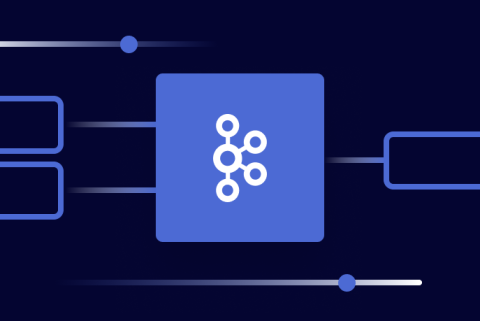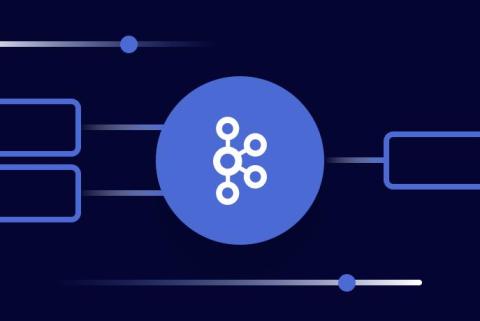Systems | Development | Analytics | API | Testing
Confluent
Data Requirements for Real-Time Data Systems and Apps | Data Streaming Systems
Consume Apache Kafka Messages using Apache Flink and Java
Top 5 Best Practices for Building Event-Driven Architectures Using Confluent and AWS Lambda
Confluent and AWS Lambda can be used for building real-time, scalable, fault-tolerant event-driven architectures, ensuring that your application logic is executed reliably in response to specific business events. Confluent provides a streaming SaaS solution based on Apache Kafka® and built on Kora: The Cloud Native Apache Kafka Engine, allowing you to focus on building event-driven applications without operating the underlying infrastructure.
How to Build a Stream Processing System | Data Streaming Systems
Apache Kafka Message Compression
Apache Kafka® supports incredibly high throughput. It’s been known for feats like supporting 20 million orders per hour to get COVID tests out to US citizens during the pandemic. Kafka's approach to partitioning topics helps achieve this level of scalability. Topic partitions are the main "unit of parallelism" in Kafka. What’s a unit of parallelism? It’s like having multiple cashiers in the same store instead of one.
Dataflow Programming with Apache Flink and Apache Kafka
Recently, I got my hands dirty working with Apache Flink®. The experience was a little overwhelming. I have spent years working with streaming technologies but Flink was new to me and the resources online were rarely what I needed. Thankfully, I had access to some of the best Flink experts in the business to provide me with first-class advice, but not everyone has access to an expert when they need one.
Your Guide to Flink SQL: An In-Depth Exploration
In the first two parts of our Inside Flink blog series, we explored the benefits of stream processing with Flink and common Flink use cases for which teams are choosing to leverage the popular framework to unlock the full potential of streaming. Specifically, we broke down the key reasons why developers are choosing Apache Flink® as their stream processing framework, as well as the ways in which they are putting it into practice.
How to Run Apache Kafka on Windows
Is Windows your favorite development environment? Do you want to run Apache Kafka® on Windows? Thanks to the Windows Subsystem for Linux 2 (WSL 2), now you can, and with fewer tears than in the past. Windows still isn’t the recommended platform for running Kafka with production workloads, but for trying out Kafka, it works just fine. Let’s take a look at how it’s done.
Design and Deployment Considerations for Deploying Apache Kafka on AWS
Various factors can impede an organization's ability to leverage Confluent Cloud, ranging from data locality considerations to stringent internal prerequisites. For instance, specific mandates might dictate that data be confined within a customer's Virtual Private Cloud (VPC), or necessitate operation within an air-gapped VPC. However, a silver lining exists even in such circumstances, as viable alternatives remain available to address these specific scenarios.










